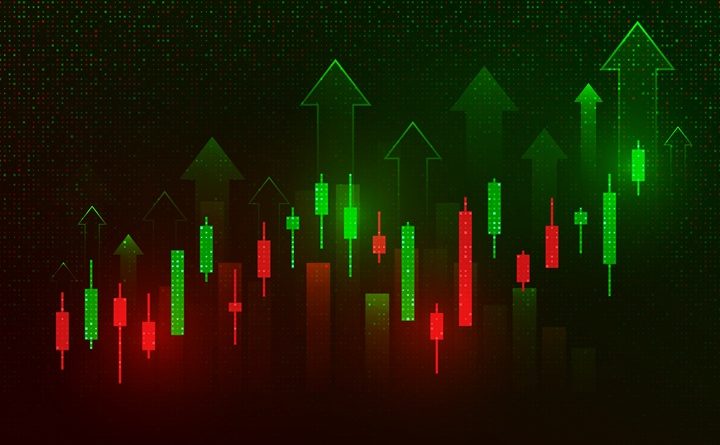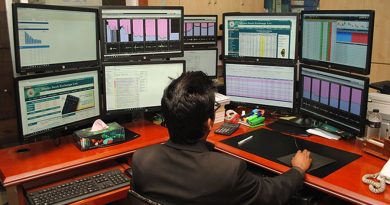Bangladesh’s equity market ranked as the worst performer globally in September, with the key index of the Dhaka Stock Exchange (DSE) falling 3.2 per cent, dragged down by broad-based profit booking and investor caution after a three-month rally.
According to EBL Securities, the DSEX — the DSE’s benchmark index — lost 179 points to close the month at 5,416, while the blue-chip DS30 fell 111 points to 2,082 and the DSES (Shariah-based index) dropped 55 points to 1,172.
In contrast, South Korea emerged as the best-performing market globally with a gain of over 10 per cent, followed by Taiwan (9 per cent) and Pakistan (7.34 per cent). Only the Philippines joined Bangladesh in posting a decline, down just 0.3 per cent.
The local market began September on a strong note, with the DSEX surpassing the 5,600 mark for the first time in 11 months. However, the upward momentum quickly faded as sellers dominated, triggering heavy selling pressure.
“Investors turned cautious amid volatile momentum in the absence of a clear market catalyst,” said EBL Securities in its monthly analysis. The upcoming earnings season also prompted traders to adopt a wait-and-see approach, while recent regulatory measures aimed at tightening market discipline further weighed on sentiment.
Average daily turnover fell 6.3 per cent month-on-month to Tk 8.70 billion, reflecting weakened participation. While some selective stocks attracted opportunistic buying due to cheap valuations, overall trading remained sluggish and dominated by sell-offs.
Despite the market slump, Bangladesh’s broader economic indicators have shown signs of recovery. Exports and remittance inflows are rising, while foreign exchange reserves have stabilised.
Remittance receipts grew 11.69 per cent year-on-year to $2.7 billion in September, supported by higher inflows through official channels under a stable exchange rate regime.
EBL Securities noted that a recent US tariff deal could sustain export momentum, while the announcement of a national election roadmap may ease political uncertainty and strengthen business confidence.
International development agencies have projected GDP growth of around 5 per cent for FY26, reflecting gradual economic recovery.
The brokerage firm added that a potential policy rate cut amid falling yields on government securities could help revive market momentum in the coming months. However, it cautioned that political risks, banking sector fragility, and weak private investment remain key challenges for market stability.






